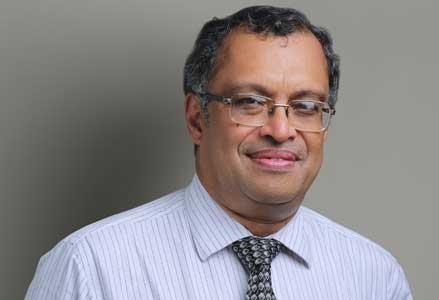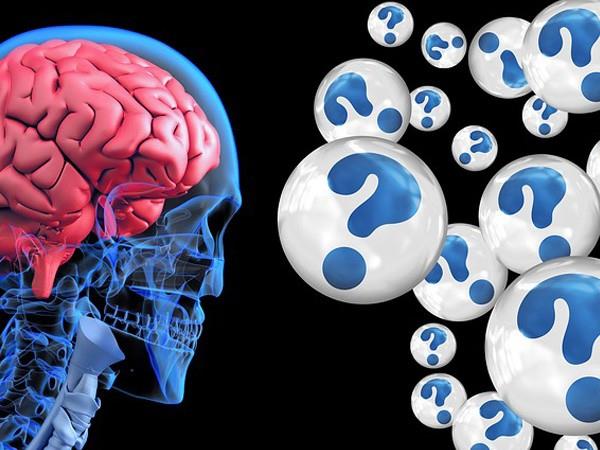|
|

|
|

| Article / Health / Mental Health | Post Comments |
Dementia and Alzheimer's Disease by Dr Mathew Abraham, Neurologist |
|||
| By : Aster Medcity , Kochi , India 21.9.2019 Phone:0484 669 9999 Mail Now | |||
| Kuttisahib Road, Near Kothad Bridge, South Chittoor, Cheranalloor, Kochi, Kerala 682027 | |||
 Dr. Mathew AbrahamSenior Consultant, Neurologist Aster Medcity, Kochi The normal brain works like a computer, with the various parts specialising in
the processing of specific information. These centres are interconnected by
nerve cells and fibres, which constitute sophisticated circuits that process
incoming information instantaneously. These nerve cells communicate with each
other by physical contact and neuro chemical messengers (called
Neurotransmitter's) like Acetyl choline. On the basis of this proper processing,
the appropriately necessary executive action is performed. Normal day to day
functioning requires the absolute integrity of these circuits.  Dementia involves the progressive, significant loss of these circuits, out of proportion to one's age. As a result, the patient's daily functioning is compromised beyond a critical level. This is due to a faulty processing of incoming information, the executive decisions go wrong, resulting in inappropriate actions, words or behaviour. It gets progressively worse over time and is reflected in the degenerating clinical picture of Dementia. Dementia produces the loss of various islands of cognitive function, like memory, understanding and spoken speech, emotions, behaviour, sense of direction, control of bowel and urine. Recent memory is the faculty most commonly affected with a relative sparing of old memories. This is especially characteristic of Alzheimer's disease. Fronto temporal dementia, on the other hand, usually involves the loss of language skills and behavioural abnormalities, with only a late involvement of memory. Dementia with Lewy Bodies produces visual hallucinations and a fluctuating pattern of memory and attention deficits The older one grows, the more likely the chance of developing this pathological condition. At the age of 80, there is a 20% chance of developing Dementia. Dementia can result from many diseases, and Alzheimer's is only one of the implicated pathologies. It can also occur secondary to Thyroid and Vitamin B12 deficiencies, chronic infections like Syphilis or AIDS, multiple strokes or other degenerative diseases like Fronto temporal dementia or Dementia with Lewy Bodies (DLB). Anxiety and Depression can result in the temporary deterioration of cognitive function, resulting in a dementia-like picture. However, this is an eminently treatable condition and constitutes only a dementia mimic- pseudo dementia. Diagnosing Dementia
|
|||